ROHINGYAS ARE HUMAN TOO!
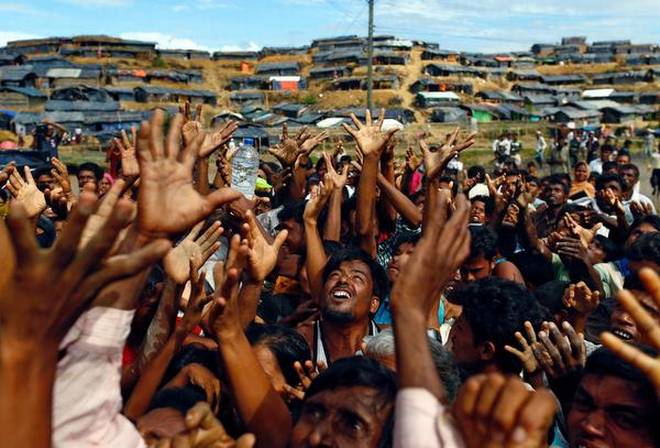
Fr. Cedric Prakash sj
27th September 2017
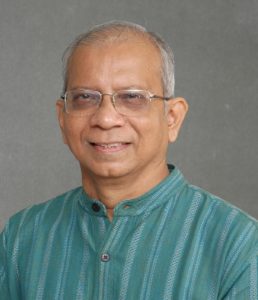
(Note: Fr. Cedric Prakash S.J. is a noted human rights activist, Advocacy & Communications, Jesuit Refugee Service (JRS) MENA Region, BEIRUT LEBANON. Jesuit Refugee Service MENA Region accompanies, serves and advocates on behalf of refugees and other forcibly displaced persons. Fr. Cedric can be contacted at cedricprakash@gmail.com or at https://www.facebook.com/JRSMiddleEast
As usual his articles are very probing and forces us to introspect on ourselves and the system incessantly. Here is another probing article by Fr. Cedric on the Rohingya Refugees and their plight.
According to the Office for the Coordination of Humanitarian Affairs (OCHA) the number of Rohingya refugees who have fled Myanmar into Bangladesh since late August has now topped 480,000. This brings the total number of Rohingya refugees in Bangladesh to more than 700,000 people. This was confirmed by UN spokesman Stephane Dujarric on Tuesday 26th September.
The Rohingya, a Muslim ethnic minority, are denied citizenship under a 1982 Myanmar citizenship law. The Myanmar government considers them illegal immigrants from neighbouring Bangladesh.
Considered to be some of the world's most persecuted minorities, the fate of Rohingyas in Myanmar appeared uncertain further. There are reports that they were being systematically evicted from their homes to set up "model villages" for Buddhists population.
A crackdown by Myanmar's army, launched in response to attacks by Rohingya militants on August 25, has pushed vast number of refugees from the stateless Muslim minority across the border with Bangladesh. The violence has incubated a humanitarian crisis on both sides of the border. Myanmar authorities had earlier agreed to take back its nationals under a UNHCR brokered agreement in mid-1992. But the repatriation process remained stalled for years reportedly for reluctance on the part of Myanmar.
"At the request of authorities in Bangladesh, UNHCR and its partners have scaled up protection and life-saving support to the new arrivals in Kutupalong and Nayapara camps," UN spokesman Stephane Dujarric said on Tuesday 26th September. He said, adding that the refugees agency is also distributing emergency shelter kits, kitchen sets, jerry cans, sleep lamps, solar lamps and other supplies. The World Food Program has enrolled 460,000 people to receive 25 kilos of rice every two weeks for the next six months, Dujarric said. More than 200,000 people have received an emergency supply of high-energy biscuits.
The question is who will bail the cat and how much is the UN and the world at large including China (which is trying to consolidate its position in Myanmar) are doing other than push the ball on India and Bangladesh's court. Who knows whether China is in league with the Myanmar Government to derail India-Bangladesh-Afghanistan parternship on development?This influx of refugees and their multiplication is certain to upset the development plans and programmes of Bangladesh and India.
Even Bangladesh has asked Myanmar to take back the Rohingya refugees. Reaffirming its stance on the Muslim Rohingya refugees, Bangladesh Foreign Minister Dipu Moni yesterday told Myanmar's new envoy to Dhaka to take the refugees back. "Rohingya (refugees) are your citizens and it is your concern to take them back in Myanmar from Bangladesh," a foreign ministry spokesman quoted her as telling Myanmar Ambassador Myo Myint Than. Isaac Gomes, Church Citizens' Voice).
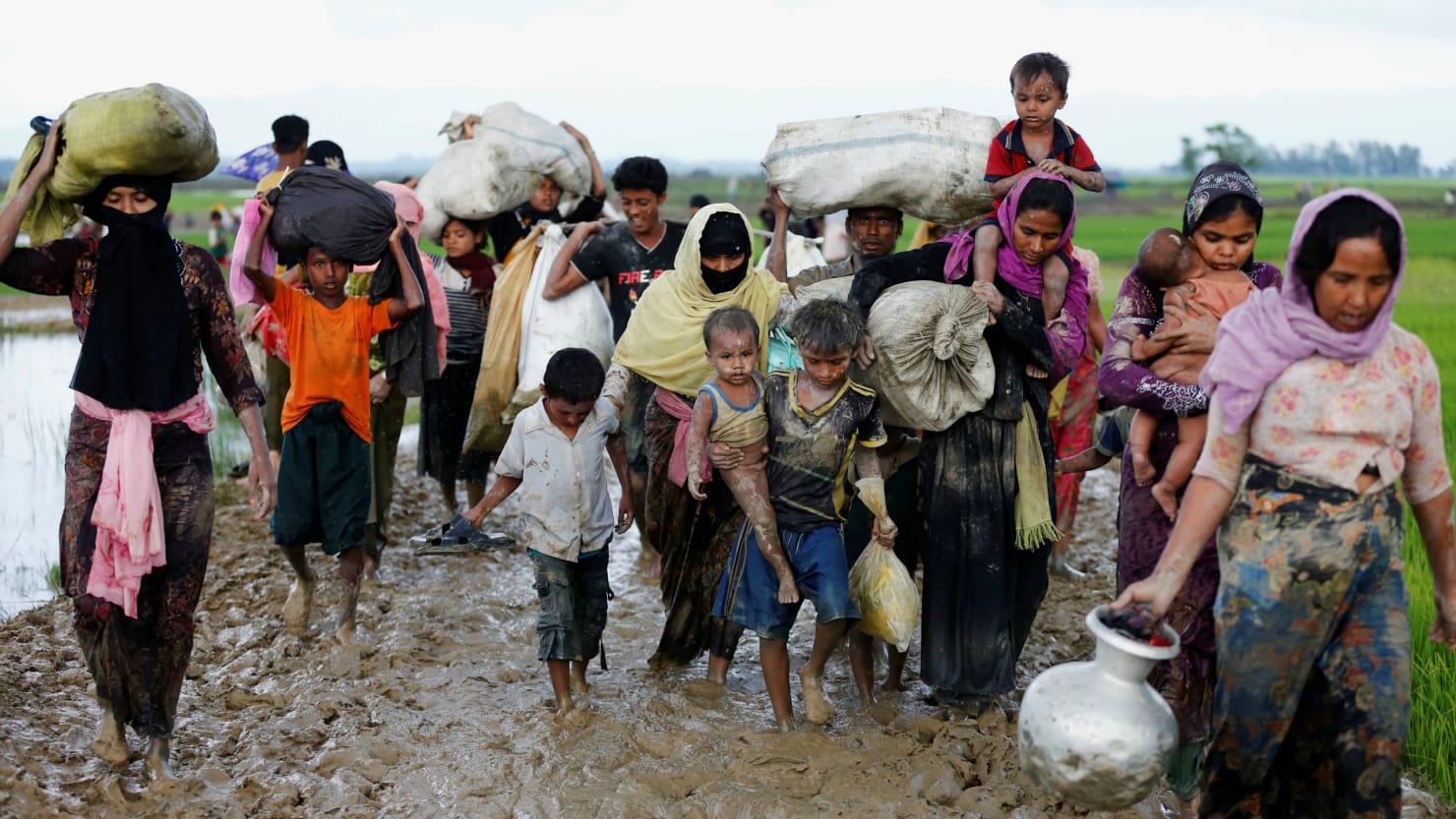
‘Vasudhaiva Kutumbakam’ meaning ‘the whole world is one family’, is an ancient Sanskrit phrase found in the Maha Upanishad, one of the Sacred Texts of Hinduism. This important phrase underlines a basic tenet of Hindu philosophy, which includes welcoming, hospitality, tolerance, harmony, unity and adaptability. For several centuries, India as a country and a large percentage of Indians have been doing their best to live up to this ideal. India has been home to races, nationalities, tribes, religions and cultures from across the world.
India has always been a welcoming home to refugees .During the bloody and painful days of partition, there was a steady influx of refugees into India. Thanks to the statesmanship of India’s first Prime Minister Jawaharlal Nehru, several hundreds of thousands of Tibetan refugees (including the Dalai Lama) have made India their home for more than fifty years now. The Bangladesh Liberation War of 1971 saw another major influx into the country; it was estimated that more than ten million East Bengali refugees entered India to escape mass killings and the brutality of that war. Though most returned to Bangladesh after independence, an estimated 1.5 million have continued to stay on in India. The Soviet-Afghan war of 1979, the more than twenty-five years of civil war in Sri Lanka since 1983, the atrocities on minorities in Myanmar, have in their wake brought in huge numbers of Afghanis, Sri Lankan Tamils, Chins and Rohingyas into India.
The persecuted Rohingya refugees fleeing Myanmar today and inhuman stand of the current Indian Government is very much in the news today. The Rohingyas (1.2 million approx.)are an ethnic minority group, mainly Muslim, who are concentrated in Myanmar’s Rakhine State. Despite having roots and living in the Buddhist- majority country for centuries, the Rohingyas since 1982 are denied citizenship, disenfranchised, regarded as illegal immigrants and rendered stateless. Since the late 1970’s, many of them have sought refuge in neighbouring countries, particularly Bangladesh.
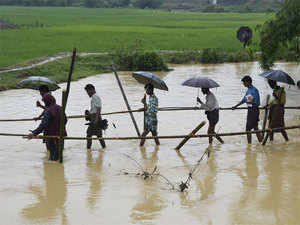
The Rohingya, a Muslim ethnic minority, are denied citizenship under a 1982 Myanmar citizenship law Photo: The Economic Times 27 September, 2017.
In February 2017, a United Nations report had documented numerous instances of gang rape and killings, including of babies and young children, by Myanmar’s security forces. In the past month, because of some insurgency on the part of a small group of Rohingyas, the army’s viciousness, already very ghastly, has escalated even further. The military action triggered Asia's biggest humanitarian crisis since Cambodia's Pol Pot. Recently, the United Nations' top human rights official called Myanmar's ongoing military campaign against the Rohingya Muslim minority group in that country’s Rakhine state "a textbook example of ethnic cleansing.”
In just a little over a month since August 25th, more than 480, 000 Rohingyas have sought refuge in Bangladesh. Many were killed by the Myanmar military and other marauding mobs. Those who have survived the onslaught in Myanmar face land mines planted along the border presumably aimed at killing escapees. Others make the treacherous crossing, through inclement weather (torrential rains and floods) of the wide estuary of the Naf River, which separates Myanmar from Bangladesh. It is estimated that several hundreds have died in capsized boats, and boatmen have been charging exploitative rates for a ride that usually costs a pittance. Victim survivors have been sharing horror stories of what they have been going through. The Rohingyas are referred to, as the minority, which is the most persecuted in the world today. The unbelievable and inhuman suffering, which they are being subjected to, has captured the attention: the anguish and anger of a sizeable section of the world community.
The Bangladesh Government, the UN and some local and International NGOs are doing their best; but the conditions are dire, food and drinking water is scarce. The UN Refugee Agency in a communique states, “there is also an increased risk of communicable diseases, infection, cholera and respiratory infections. It is incredibly difficult to keep warm and dry under these conditions and already weak and exhausted; many refugees will struggle to stay healthy. Filippo Grandi, the UN High Commissioner for Refugees visited the Rohingya refugees in Bangladesh recently. On September 27th, on his return to Geneva he said, “They had to flee very sudden and cruel violence, and they have fled with nothing. Their needs are enormous – food, health, shelter. They have absolutely nothing. I have hardly seen in my career people that have come with so little. They need everything,” Further adding, “I have spoken to several women who have been raped, or have been wounded because of their resistance to rape. I spoke to many children, shockingly absent of emotion, because they were so traumatized. They told me how they had seen their parents or relatives or friends killed in front of their eyes.”
Despite the suffering of the Rohingyas ,the Government of India is doing all they can to deport about 40,000 Rohingyas who are currently living in India and to prevent other Rohingyas from entering the country. This is a very sad commentary on the moral fibre of the current ruling dispensation, besides the actions by India against the refugees would clearly go against the country’s obligations under international and domestic law. The case of the rights of the Rohigya refugees is currently in the Supreme Court of India and the next hearing is scheduled for October 3rd . Some of the country’s best-known legal luminaires are defending the Rohingya petitioners and others against the Government of India. Their petition rests on two basic premises, that any deportation would violate their fundamental rights to equality and to life, under Articles 14 and 21 of the Indian Constitution, and, secondly that any action by India in returning them to Myanmar would infringe international law, particularly the principle of non-refoulement(Article 33 of the 1951 Refugee Convention). The Government’s key arguments are that terrorists ‘might’ have infiltrated the Rohingyas, therefore the security of the country is at stake; and that the country is not bound to follow the principle of non-refoulement, since it is not a signatory to the 1951 U.N. Convention Relating to the Status of Refugees. No one with a bit of common sense and compassion will buy these arguments.
On September 11th in his Opening Statement to the 36th Session of the Human Rights Council Zeid Ra'ad Al Hussein, United Nations High Commissioner for Human Rights said, “I deplore current measures in India to deport Rohingyas at a time of such violence against them in their country. Some 40,000 Rohingyas have settled in India, and 16,000 of them have received refugee documentation. The Minister of State for Home Affairs has reportedly said that because India is not a signatory to the Refugee Convention the country can dispense with international law on the matter, together with basic human compassion. However, by virtue of customary law, its ratification of the International Covenant on Civil and Political Rights, the obligations of due process and the universal principle of non-refoulement, India cannot carry out collective expulsions, or return people to a place where they risk torture or other serious violations”. Strong words indeed but the plain truth. Several other prominent human rights organizations have criticized India’s stand.
There has been global condemnation of the atrocities committed by the Myanmar military and of the complicit silence by Nobel Peace Laureate Aung San Suu Kyi who is the State Counsellor of Myanmar – but also rather powerless. On the other hand, Myanmar has the support of some nations like China and very unfortunately, India too!
In two months from now, Pope Francis will be visiting Myanmar (Nov.27th-30th) and Bangladesh (Nov.30th to Dec 2nd). His visit will certainly focus global attention on the plight of the Rohingyas. Pope Francis has consistently taken a stand for all refugees and displaced persons and he has been vocal in his defense of the Rohingyas. On August 27th, just a couple of days after this current onslaught he said, “Sad news has reached us of the persecution of our Rohingya brothers and sisters, a religious minority. I would like to express my full closeness to them – and let all of us ask the Lord to save them, and to raise up men and women of good will to help them, who shall give them their full rights. Let us pray for our Rohingya brethren.”
The Government and people of Myanmar, the Government of India, and the global community must pay heed to the fact that, “the whole world is one family”; that every citizen in a civilized world is endowed with rights; that even refugees have to be treated with compassion, care and the dignity they deserve. Above all, we have to realise that like the rest of us, the Rohingyas are human too!

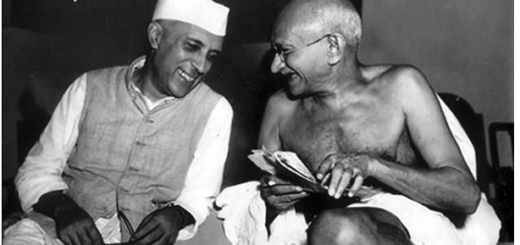














Report in The Telegraph Kolkata 29 September 2017
Geneva, Sept. 28 ( Reuters): A boat carrying 130 Rohingya refugees fleeing violence in Myanmar has capsized off the Bay of Bengal, the International Organisation for Migration said on Thursday.
IOM's Bangladesh office tweeted that 13 bodies had been recovered, including 8 children.
International aid groups in Myanmar have urged the government to allow free access to Rakhine state, where an army offensive has sent more than 500,000 people fleeing to Bangladesh but hundreds of thousands remain cut off from food, shelter and medical care.
Refugees are still fleeing from Myanmar, more than a month after Rohingya Muslim insurgents attacked security posts near the border, triggering fierce Myanmar military retaliation that the United Nations has branded ethnic cleansing.
Aid groups said on Thursday the total number of refugees in Bangladesh was now 502,000 while Bangladesh police said 14 refugees drowned when their boat capsized off the coast in bad weather.
The Myanmar government has stopped international non- government groups (INGOs), as well as UN agencies, from carrying out most of their work in the north of Rakhine state, citing insecurity since the Aug. 25 insurgent attacks.
"INGOs in Myanmar are increasingly concerned about severe restrictions on humanitarian access and impediments to the delivery of critically needed humanitarian assistance throughout Rakhine State," aid groups said in a statement.
An unknown number of people are internally displaced, while hundreds of thousands lack food, shelter and medical services, said the groups, including Care International, Oxfam and Save the Children.
" We urge the government and authorities of Myanmar to ensure that all people in need in Rakhine State have full, free and unimpeded access to life- saving humanitarian assistance."
The government has put the Myanmar Red Cross in charge of aid to the state, with the help of the International Committee of the Red Cross. But the groups said they feared insufficient aid was getting through.
India relief
India on Thursday shipped in food, medicines and mosquito nets for 62,000 Rohingya families currently in Bangladesh, as part of a relief operation New Delhi is conducting amid criticism of its approach towards the exodus of refugees from Rakhine state.